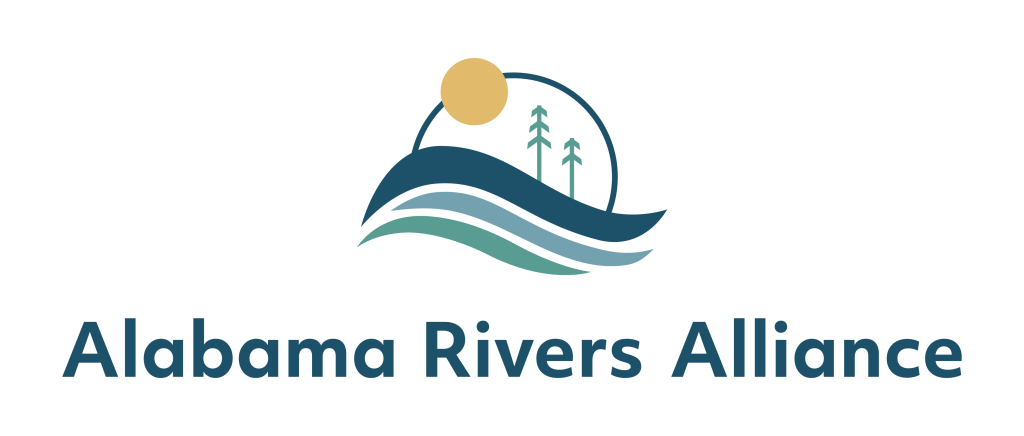There is a great deal happening in the arena of water policy at all levels of government. This February 2020 Policy Update will provide you with the information and tools you need to get engaged in protecting clean water throughout Alabama.
STATE LEGISLATIVE UPDATES:
The Alabama Legislature officially began the 2020 session on Tuesday, February 4. Here are some important bills and activities we are following that have an impact on our water:
ALABAMA WATER PLAN
The Alabama Rivers Alliance is encouraging the Permanent Joint Legislative Committee on Water Policy and Management to re-engage in the water planning conversation after a disappointing letter from Governor Ivey, essentially shutting the door on the executive branch momentum. See our op-ed on al.com and the Montgomery Advertiser for more details. These are the legislators on the committee:
Sen. William Beasley (D-28) | Sen. Andrew Jones (R-10) | Sen. Steve Livingston (R-8) | Sen. Arthur Orr (R-3) Rep. Wes Allen (R-89) | Rep. Tracy Estes (R-17) | Rep. Ralph Howard (D-72) | Rep. Steve Hurst (R-35) | Rep. Rodney Sullivan (R-61) | Rep. Danny Crawford (R-5) | Rep. Jim Carns (R-48)
Please let them know how important this is and encourage them to begin meeting again in 2020! Click their name to contact them directly.
LANDFILL LEGISLATION
(Lead organization – Conservation Alabama)
Two pieces of legislation, HB 140 and SB 117, have been introduced to propose less specificity in what materials can be used to cover landfills. Both have already made it through committee and HB 140 goes before the full house for a vote tomorrow.
From our partners at Conservation Alabama:
Click here and take a moment to ask your legislator to consider and address the
public health impacts these bills will have on Alabamians living near landfills.
We believe the legislature should close the loopholes that make this law dangerous by making the following changes to state landfill alternative cover policy:
- Requiring landfills to file a plan with ADEM showing that the alternative covers are effective “without presenting a threat to human health” per federal standards;
- Giving residents the opportunity to make public comments on proposed alternative cover plans before those plans are approved;
- Removing coal ash from the list of approved alternative covers.
If you live near a landfill and you have concerns about this bill’s potential impact on your health and property values, please contact Conservation Alabama. While every constituent’s voice is critical to the process, hearing from someone who will be directly impact by these bills can make a crucial difference in how legislators decide to vote.
OPEN RECORDS LEGISLATION
Alabama has one of the most closed systems when it comes providing information to the public. Access to information from our governing bodies is essential to understanding what and how decisions are being made to protect our waterways. This bill would improve Alabama’s Open Records Act to help citizens have better access to information. Read more by clicking here.
STATE REGULATORY UPDATES:
These are activities happening regarding environmental regulations implemented by state and federal agencies that impact our waterways:
NEW STATE REGULATIONS FOR LAND APPLICATION OF BIOSOLIDS
On Friday, February 14, the Alabama Environmental Management Commission approved state regulations for the land application of by-products. While we believe the regulations are needed to provide more transparency and oversight in this process which is already occurring across the state, we do not believe there has been enough research to determine the best practices for this process and the regulations approved by the Commission do not provide enough protection for neighboring landowners and nearby waterways. You can view our comments on these regulation, written by the Southern Environmental Law Center by clicking here. Please stay tuned as we work with concerned citizens to figure out next steps in addressing this issue.
303 (d) LIST OF STATE’S IMPAIRED WATERWAYS
On February 9, the Alabama Department of Environmental Management released the 303 (d) list of impaired waterways. Public comments are due by 5 pm on March 11th. This is a list of the bodies of water that are not meeting current water quality classifications due to pollution and degradation. Click here to view the draft list and click here to read a fact sheet explaining more. If you have questions about a waterbody and its listing, feel free to contact your local river group, or contact us at the Alabama Rivers Alliance.
TALLAPOOSA WATERSHED RECREATIONAL SURVEY
The Alabama Rivers Alliance is participating in the relicensing of the Harris Hydropower Dam on the upper Tallapoosa River. This process is led by the Federal Energy Regulatory Commission in conjunction with the license holder, Alabama Power. The goal of the Alabama Rivers Alliance is to ensure the operation of the dam laid out in the new license balances downstream water quality, habitat, recreational, and landowner needs with the needs of the upstream lake communities and the generation of electricity. If you live or recreate on the Tallapoosa downstream from Harris dam to Jaybird Landing, we encourage you to fill out this survey to help inform the licensing process.
If you are overwhelmed with all the state and federal agencies with responsibilities over our water, join us at this important in-depth session at Alabama Water Rally: Who Is Responsible for Protecting Our Water & How Can We Influence Them? on Friday, March 13. Click here for more information.
FEDERAL POLICY UPDATES:
The Alabama Rivers Alliance participates in multiple national coalitions, including River Network, the Clean Water Network, and the Clean Water for All Campaign. These updates are from our national partners:
WATERS OF THE U.S.
The Navigable Waters Protection Rule (aka the Dirty Water Rule). On January 23, the EPA released the Dirty Water Rule. This final rule is a devastating rollback, and the single greatest reduction in protection for water in our country’s history. It is not very meaningfully different than the proposed rule, and the greatest impacts it has will be felt in the removal of federal protections for ephemeral streams in more arid parts of the country as well as removal of protections for over half of the wetlands in the country. If you are concerned about these continued attempts to roll back federal regulations and place more responsibility on our state agencies for protecting the environment, please consider attending Alabama Water Rally on Friday afternoon, March 13, where we will discuss these issues and brainstorm a way to move forward.
LEAD AND COPPER RULE
The comment period for EPA’s Lead and Copper Rule closed on 2/12. The LCR regulates how EPA monitors and remediates lead in drinking water, and has not been updated since 1991. EPA’s proposed rule makes some improvements to the LCR, but does not go far enough to protect public health. Unfortunately, the proposal also takes some steps backwards to be less health protective, steps that in some instances likely violate EPA’s duties under the law. Your organization can stand together in solidarity by joining a group comment letter to EPA here.
DECENTRALIZED WASTEWATER ACT OF 2020
Senators Cory Booker (D-NJ), Shelly Moore Capito (R-WV), and Doug Jones (D-AL) reintroduced the bipartisan Decentralized Wastewater Grant Act of 2020 to address the wastewater challenges faced by low-income communities, communities of color, and rural communities. In the US, public sewer systems do not extend to all communities; according to U.S. Census data, more than 1.7 million people in the United States lack access to basic plumbing facilities, with communities of color and low-income communities bearing the majority of the burden. Much of the time, the burden also falls on the family to maintain and install these systems, which can cost anywhere from a few thousand dollars to $30,000.
The bill creates a new grant program under the CWA to provide funding to low- and moderate-income households through a qualified nonprofit, to address these wastewater challenges. Earthjustice and a number of organizations are supporting the legislation, if you want to learn more and/or support please contact Julian Gonzalez at Earthjustice.
NATIONAL ENVIRONMENTAL POLICY ACT
The White House Council Environmental Quality (CEQ) on Thursday, January 9 released a draft rule rolling back the implementing procedures for the National Environmental Policy Act (NEPA).
NEPA is a critical tool for communities on the frontlines to have their voice heard on potentially harmful projects: learn more in a webinar from WE ACT for Environmental Justice.

